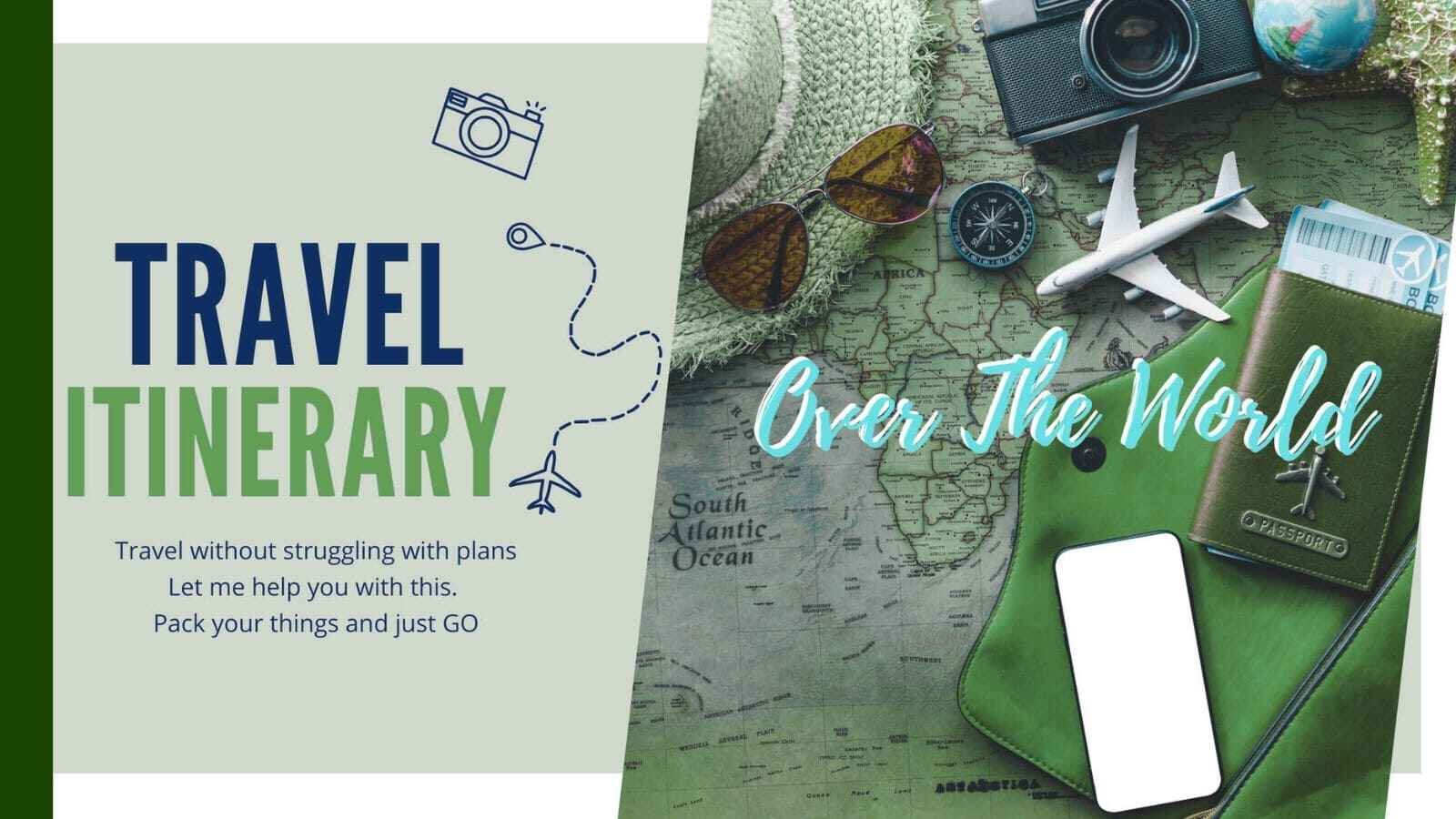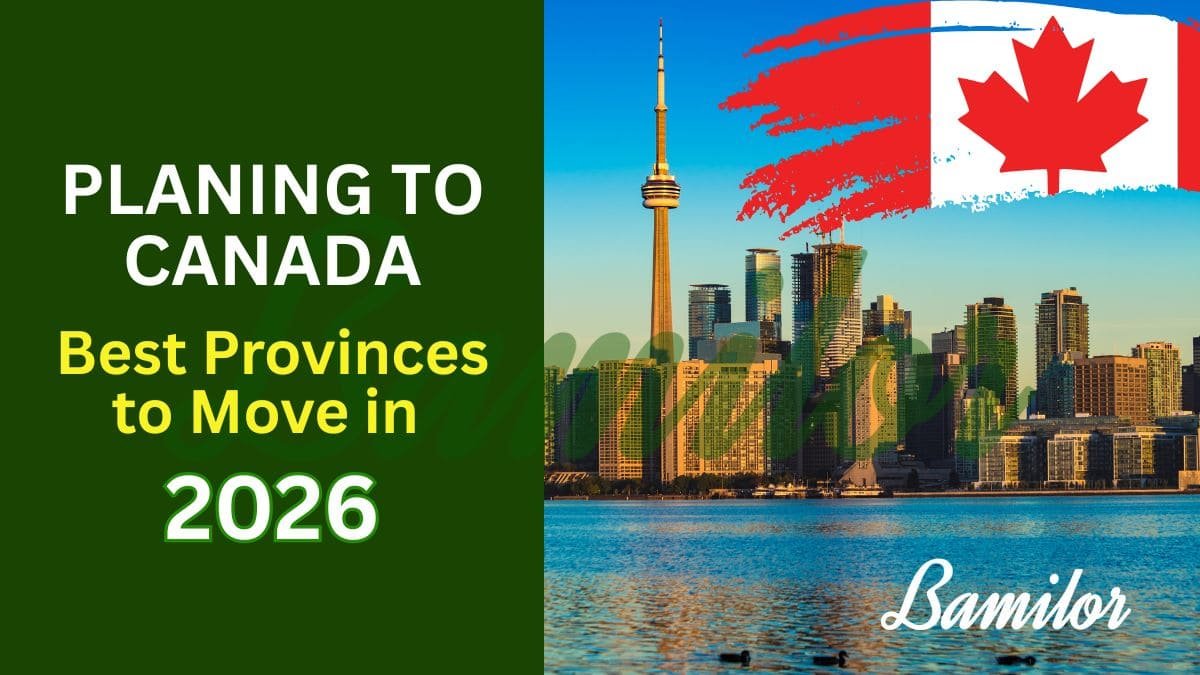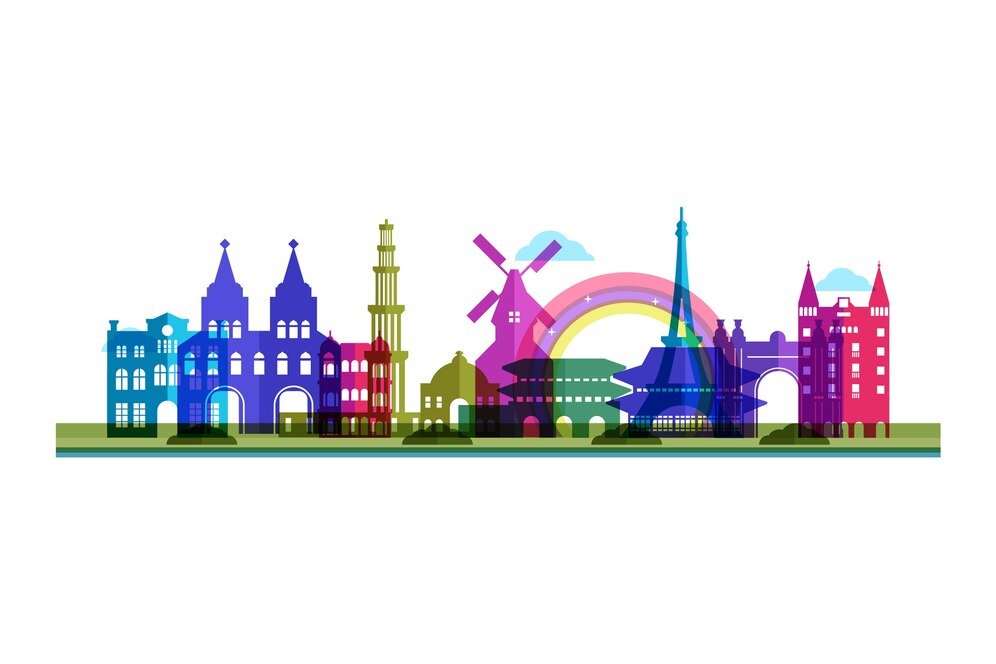Are you preparing for your IELTS speaking test and feeling a bit nervous about the travel topic? Don’t worry! In this comprehensive guide, we’ll walk you through everything you need to know to ace the travel-related questions in your IELTS speaking exam. Whether you’re a seasoned globetrotter or a homebody dreaming of far-off lands, we’ve got you covered.
Why Travel is a Hot Topic in IELTS
Travel is a popular subject in the IELTS speaking test for good reason. It’s a universal topic that allows examiners to assess your English skills across various contexts. Plus, it’s a great way to showcase your vocabulary, express opinions, and share personal experiences. So, let’s pack our bags and embark on this IELTS journey together!
Breaking Down the IELTS Speaking Test
Before we dive into the travel specifics, let’s quickly review the structure of the IELTS speaking test:
- Part 1: Short questions about familiar topics (including travel)
- Part 2: A longer speech on a given topic (often includes travel-related cue cards)
- Part 3: A discussion of more abstract ideas related to the Part 2 topic
Now, let’s explore how travel fits into each part and how you can prepare.
Part 1: Warming Up with Travel Talk
In Part 1, you might encounter questions like:
- Do you enjoy traveling?
- What’s your favorite mode of transportation?
- Have you ever been abroad?
Pro Tip: Keep your answers short but informative. This is your chance to ease into the conversation and show off some basic travel vocabulary.
Example Answer:
“Yes, I absolutely love traveling! There’s something magical about exploring new places and experiencing different cultures. My favorite mode of transportation is probably the train. It’s comfortable, and you get to enjoy the scenery along the way. I’ve been abroad a few times, mainly to neighboring countries, and each trip has been an unforgettable adventure.”
Part 2: Your Travel Cue Card Moment
In Part 2, you might receive a cue card like this:
Describe a memorable trip you've taken.
You should say:
- Where you went
- Who you went with
- What you did there
- And explain why it was memorable
Strategy: Use the preparation time wisely. Jot down key points and organize your thoughts. Remember, you don’t need to have climbed Mount Everest to give a great answer – even a trip to a nearby city can be fascinating if you describe it well!
Example Answer:
“I’d like to tell you about a memorable trip I took to Bali, Indonesia, last summer. I went with my best friend, Sarah, to celebrate our university graduation. We spent a week exploring the island, and it was absolutely incredible.
We started our adventure in Ubud, the cultural heart of Bali. We visited ancient temples, walked through lush rice terraces, and even tried our hand at a traditional Balinese cooking class. The highlight was probably when we woke up at dawn to hike Mount Batur, an active volcano. Watching the sunrise from the summit was breathtaking.
Later, we headed to the coast and spent a few days in Seminyak. We learned to surf, indulged in delicious seafood, and relaxed on the beautiful beaches. One evening, we stumbled upon a local festival with traditional dance performances – it was magical!
This trip was memorable for so many reasons. The stunning landscapes, from volcanic mountains to pristine beaches, were unlike anything I’d seen before. The warmth and hospitality of the Balinese people left a lasting impression on me. But most importantly, it was a chance to create unforgettable memories with my best friend before we embarked on our separate career paths. This journey taught me so much about a new culture and also about myself. It ignited my passion for travel, and I’ve been eager to explore more of the world ever since.”
Part 3: Diving Deeper into Travel Discussions
In Part 3, the examiner might ask more complex questions like:
- How has technology changed the way people travel?
- What are the positive and negative impacts of tourism on local communities?
- Do you think travel is necessary for a good education? Why or why not?
Approach: This is your chance to showcase critical thinking skills. Develop your ideas with examples and explanations. Don’t be afraid to express your opinion, but remember to support it with logical reasoning.
Example Answer:
“Technology has revolutionized travel in numerous ways. On the positive side, it’s made planning and booking trips much easier. With just a few clicks, we can compare prices, read reviews, and even take virtual tours of hotels and attractions. Apps for translation and navigation have made it easier to explore foreign countries independently.
However, there’s also a downside. The constant connectivity can sometimes prevent travelers from fully immersing themselves in the local culture. There’s a risk of spending more time looking at screens than engaging with the destination. Additionally, the rise of social media has led to ‘overtourism’ in some places, as certain locations become popular solely for their ‘Instagrammability’.
Regarding the impact of tourism on local communities, it’s a double-edged sword. Tourism can bring economic benefits, creating jobs and supporting local businesses. It can also promote cultural exchange and understanding between different nationalities.
On the flip side, overtourism can lead to environmental degradation, increased cost of living for locals, and the commercialization of culture. In extreme cases, it can even displace local communities. I believe the key lies in promoting sustainable and responsible tourism practices that benefit both travelers and local communities.”
Essential Travel Vocabulary for IELTS
To elevate your responses, try incorporating some of these words and phrases:
- Wanderlust
- Off the beaten path
- Culture shock
- Jet lag
- All-inclusive resort
- Backpacking
- Ecotourism
- Staycation
- Itinerary
- Passport control
Remember, it’s not just about using fancy words, but using them correctly and in context!
Tips for Acing Travel Questions in IELTS
- Be Descriptive: Use vivid language to paint a picture with your words.
- Share Personal Experiences: Even if you haven’t traveled much, talk about trips you’d like to take or places you’ve read about.
- Show Cultural Awareness: Demonstrate your understanding of different cultures and customs.
- Stay Relevant: Always tie your answers back to the question asked.
- Practice, Practice, Practice: The more you talk about travel, the more comfortable you’ll become with the topic.
Common Pitfalls to Avoid
- Don’t just list places or activities. Explain why they’re significant or interesting.
- Avoid overly simple vocabulary. Instead of saying “good” or “nice,” use more descriptive words like “breathtaking” or “fascinating.”
- Don’t be afraid to express opinions, but be respectful when discussing other cultures.
Conclusion: Your Ticket to IELTS Success
Mastering the travel topic for your IELTS speaking test is all about preparation, practice, and passion. Whether you’re discussing your dream vacation or debating the merits of space tourism, approach each question as an opportunity to showcase your English skills and your worldview.
Remember, the examiner isn’t judging your travel experiences, but your ability to communicate effectively in English. So relax, let your personality shine through, and enjoy the journey of your IELTS speaking test.
Safe travels and best of luck with your IELTS adventure!
We hope this guide helps you navigate the travel topics in your IELTS speaking test with confidence. Do you have any go-to travel stories or tips for fellow test-takers? Share them in the comments below! And don’t forget to check out our other IELTS preparation resources here on Bamilor. Bon voyage to IELTS success!







